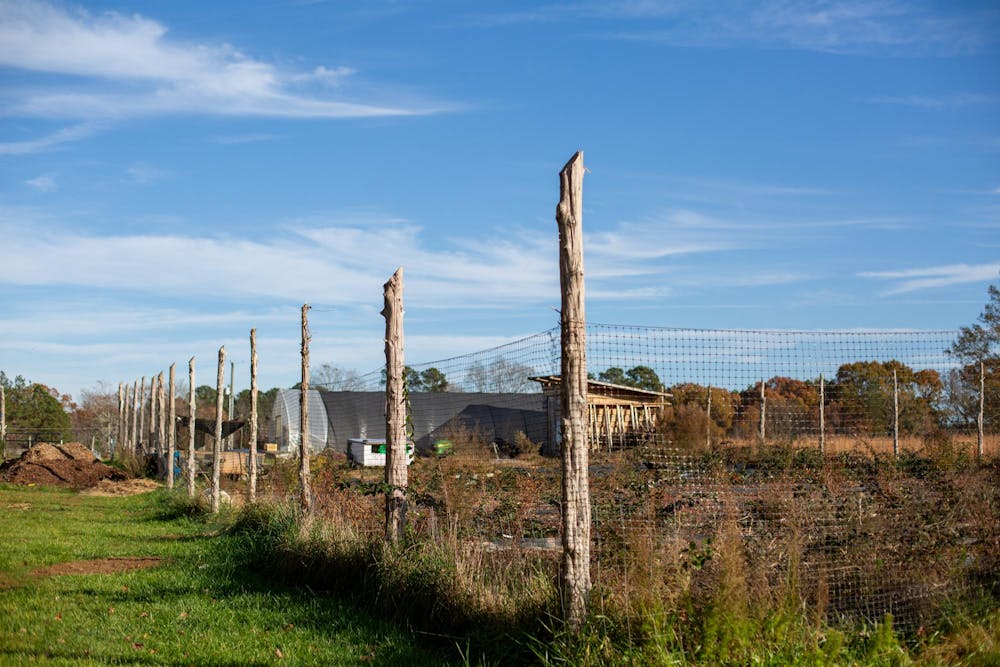Efforts by the federal government to shrink spending and become ever more "efficient" have led to both a federal funds freeze and string of job losses in a wide range of government agencies.
Agriculture has been a major victim of these cuts. The Trump administration’s recent actions put many families into financial peril, and will have devastating impacts on the stability of small family farms throughout the country, as well as in North Carolina.
The administration’s mass attempts to minimize the federal workforce, through a hiring freeze that was followed by buyouts and firings, could leave key agencies with severely depleted numbers and the country inadequate to address major problems in the agricultural sector.
One report suggests that around 4,200 employees were fired from the U.S. Department of Agriculture — including workers fighting bird flu, the disease responsible for outrageously high egg prices — along with other key groups to the agency. These specialists are necessary to protect crops from invasive species and pests, and livestock from the spread of disease.
Frozen federal payments are also a detriment to many farmers relying on federal grants to cover upcoming costs. Trump’s freeze initially focused on the Inflation Reduction Act, a bipartisan bill that included over $19 billion in funding for agriculture programs.
This money was intended to go toward sustainability efforts on farms, including sustainable grazing, erosion prevention measures and more efficient irrigation systems. Farmers who were planning their finances around these funds are now being impacted just as spring pulls them into another planting season.
Small family farms, which are most impacted by these funding programs, make up 86 percent of all farms in the United States. This decision hinders their ability to find stability in their businesses.
The majority of small farms in 2023 had what the USDA considers a high-risk operating profit margin, indicating that their personal income from farming isn’t providing them with financial stability. These families are more susceptible to the economic risks of farming, and therefore require the protections and support of the government to recover from issues like climate catastrophes and prevent major production costs like bird flu or invasive pests.
Limitations to federal assistance for farmers is especially difficult in a time when many are coping with extreme weather. In North Carolina, Hurricane Helene destabilized many farmers through intense flooding. The costs of this event came in repair needs, like infrastructure and damaged soil, as well as ruined or washed away crops.




